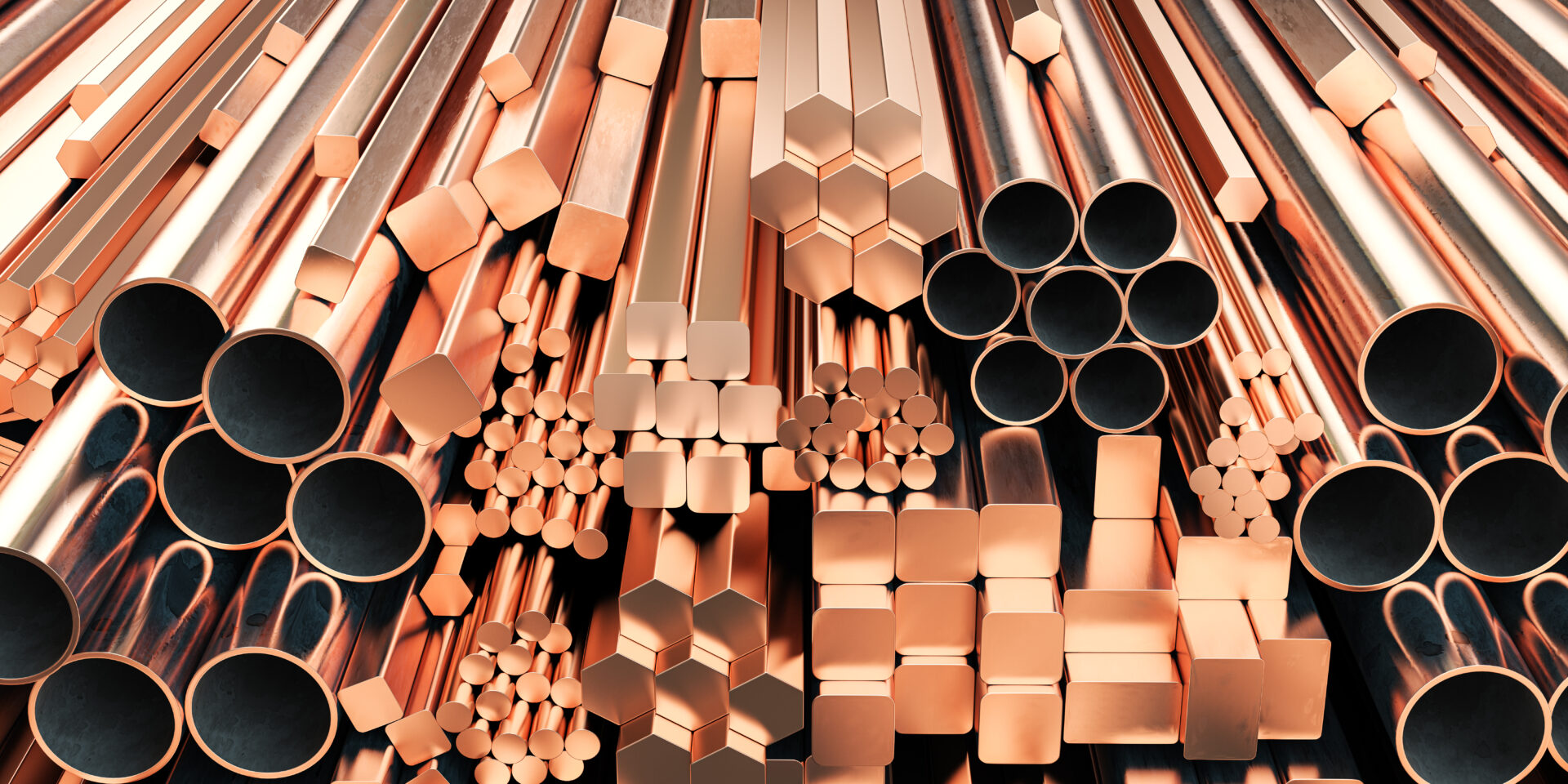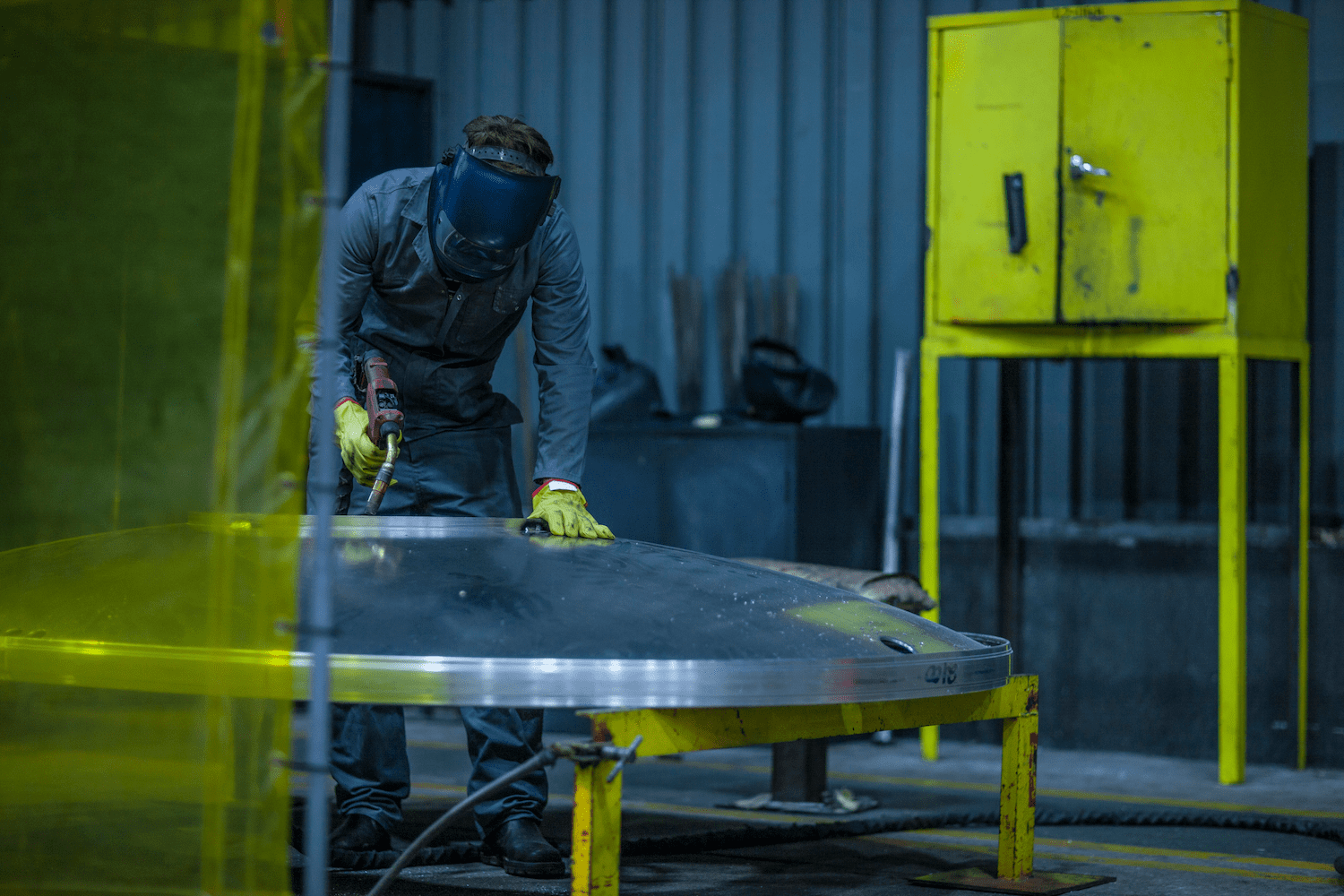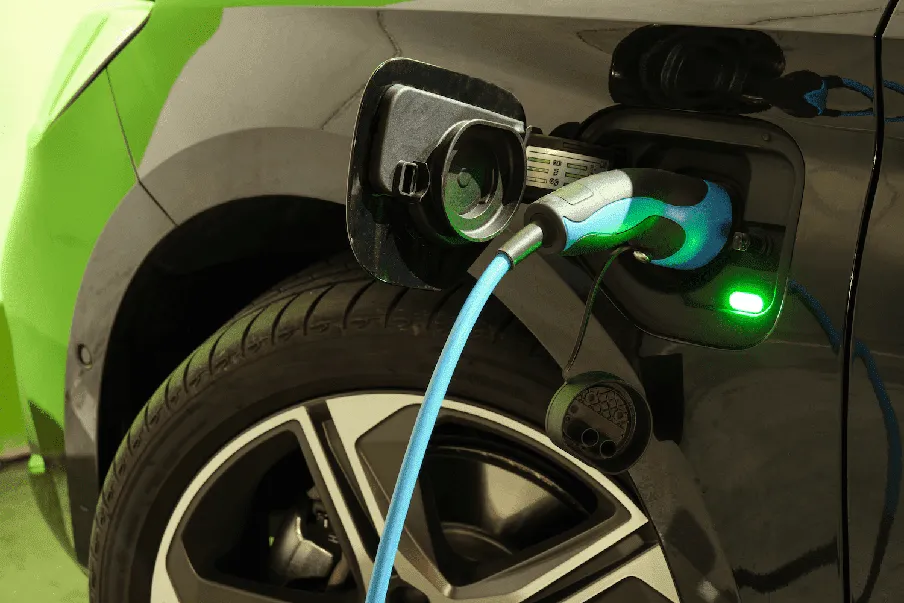
Metal is one of the many materials that we use daily, from driving our car to work or the commuter train downtown; we use metal more than we think. Just look at the phone you’re reading this on or the computer you’re surfing the web with—you use metal products (and recycled metal products, at that) every single day. Here are some metal recycling facts—ice breakers for your next gathering.
6 Metal Recycling Facts
1. Steel is the Most Recycled Material in North America
Steel comes not only from cans but also from construction scraps and cars, and it can be turned right back into steel used for exactly the same things.
2. Recycling Aluminum Uses Less Energy
Recycling aluminum uses 5 percent of the energy that it was used to originally make aluminum. This is possibly the reason why almost half of North America’s aluminum supply comes from recycled aluminum.
Recycling aluminum cans is very efficient and cost-effective. Recycling a single aluminum can can save enough energy to run a lightbulb for 20 hours or a computer for 3 hours.
Despite this positive gain in energy, in 2015, only 34.9 percent of aluminum cans were recycled, leaving about 2.4 million cans in landfills. 2.4 million cans have the potential energy to give you 7.2 million hours of computer power or 2 million hours of light.
3. Metal Recycling is Fast
Did you know that metal recycling is fast? It can take as little as 2 months for an aluminum can to be recycled and returned to your shelf in another form.
4. The United States Recycles
The United States recycles 150 million metric tons of scrap metal each year. Scrap metal is one of the easiest recyclables, as it can be reused and transformed into new materials, saving energy as well as the money needed to refine new metals.
5. Metal Recycling Reduces Air Pollution
Did you know that just by using recycled steel there is an 86 percent reduction in air pollution and a 76 percent reduction in water pollution? That’s why it’s so important to recycle.
6. Aluminum and Tin Cans will Stick Around for Decades or Longer
A tin can will decompose in about 50 years since it’s composed of flimsier metal. An aluminum can, however, can take up to 200 to 500 years to decompose. All the more reason to recycle cans.
Facts About Metals
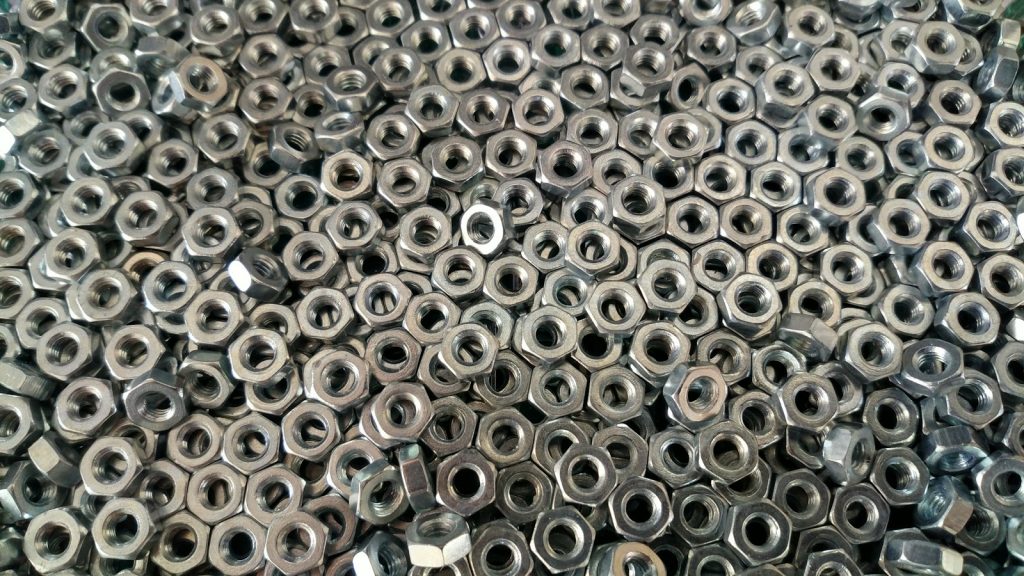
Metal has played a significant role in the advancement of technology and human society and it continues to help define us today.
The Bronze Age (3000 BCE – 1200 BCE) was characterized by the development of bronze, which could only be produced by smelting copper and alloying tin. The ability to produce bronze set civilizations apart and paved the way for new advancements in technology and science.
Here are some more fun facts about metals:
- The word metal derives from the Greek word “metallon,” which means to extract from the earth. This relates to the practice of recovering metals. Today, metal can be recycled and reused again and again, without as much of a need to extract it from the earth.
- Of all the elements on the periodic table, 75% of them are metals.
- Besides mercury, all metals are solid at room temperature.
- Steel is an alloy (or compound) made of iron with other metals.
- Bronze is a compound usually made of copper and tin.
Stats About Metal Recycling
Now that you know some facts about metal recycling here are some stats about metal recycling.
There’s been a major increase in the amount of metal that has been recycled each year for over 45 years. As you can see in the chart from the EPA below, the recycling of metal materials in municipal solid waste (MSW) has increased.
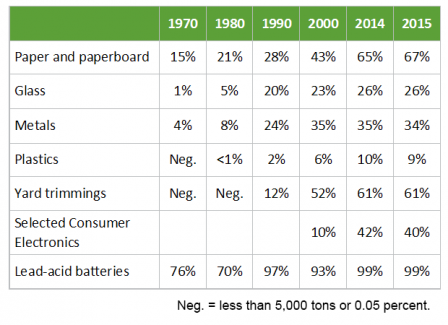
Graph Courtesy: EPA
The data in the chart below shows the amount of ferrous metal that has been recycled, composted, combusted (for energy recovery) and deposited in landfills for the last few decades.
As you can see, there’s still a ton of ferrous metal that’s being lost in landfills and not recycled. If we could just move 1 percentage point, we could recycle 180,000 tons of metal. That’s over 25,000 Eiffel Towers; or 5 Eiffel Towers for every city in the world.
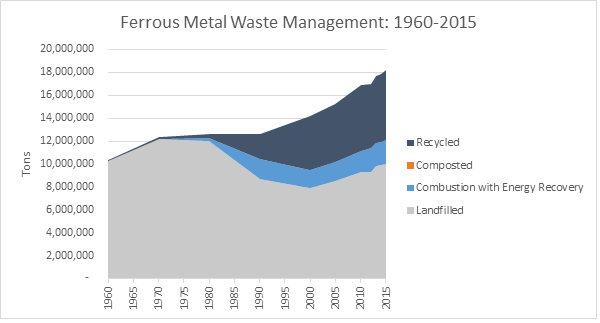
Graph Courtesy: EPA
With a continuous focus on the benefits of recycling, we can strive to achieve more, grow the potential to actual action, and transform the need for recycling into the continuity of recycling metals.
Many metals can easily be recycled. If you have scrap metal that is ready to be recycled, contact an experienced recycler like GLE Scrap Metal.
If you have questions or comments contact us or call us at 855-727-2788.

